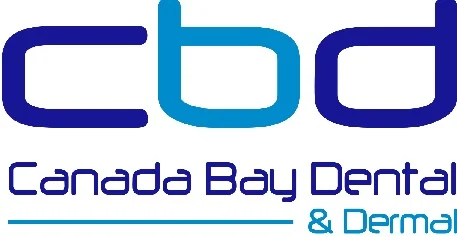Why is Oral Hygiene So Important During Pregnancy?
/Pregnancy is a wonderful time as your body is undergoing so many changes on the inside and the outside. You are growing a completely new person inside your body, and even though this is beautiful, it still takes a huge physical, mental and emotional toll on your body.
Oral Health Affected During Pregnancy
Your body is secreting many different chemicals to ensure the health and wellbeing of the baby. However, these same hormones may affect the mother’s body as well, causing oral health problems like gingival bleeding, pregnancy tumours, swollen gums, etc. These problems are usually caused due to flaring hormone levels, but they usually settle down after pregnancy. Unfortunately, if they are left unattended during pregnancy, they can be very uncomfortable for the patient. New research also suggests that gum disease during pregnancy may result in low-birth weight and preterm babies. According to researchers, oral bacteria may trigger the release of prostaglandins that can induce premature labour. These findings are inconclusive and additional research may be required but dentists and parents are unwilling to take a chance. As a result, most dentists recommend that patients follow basic diet, dental care and preventive care procedures to ensure better oral health.
Dental Care before Pregnancy
If you are planning to get pregnant or if you are already pregnant, visit your dentist immediately. An appointment during the first trimester of pregnancy or before pregnancy acts as a baseline for the dentist. Your dentist can assess your dental health, carry out any preventive care procedures that are required, fill cavities, clean teeth, and generally get your oral cavity up to perfect condition. The dentist will also schedule an additional appointment in the second trimester and third trimester to ensure that your gum health is up to par.
Dental Care during Pregnancy
Dental care during pregnancy is just as important as before pregnancy. However, you may have to be a little extra careful about the dental care procedures you follow. Consider the following tips as a guideline:
Brush your teeth twice a day to ensure plaque and food debris is clear from your mouth.
Floss your teeth properly. Flossing will clean dirt from in-between the teeth, reduce the chances of causing gum bleeding, and gum swellings.
Use an antimicrobial mouthwash to prevent gingivitis and foul oral odour.
Use a tongue cleaner to remove bacteria and food debris from the surface of the tongue.
If you have an infection, make sure you use medication that is safe for your developing baby.
Should you develop a dental infection, your dentist may require an X-ray. To minimize exposure, consider requesting a protective lead apron or avoid the X-ray until delivery is complete.
Rinse your mouth out after every meal and make sure you use a soft toothbrush to prevent damaging your gums and teeth.
Avoid the use of herbal medications or herbal dental products during pregnancy. Make sure you let your dentist and your doctor know before you use these medications.
Morning pregnancy is common during the first three months. This stomach acid may damage your teeth and gums. To prevent this, rinse your mouth with plain water or use a medicated mouthwash to clean your mouth.
Watch What You Eat
To ensure better overall health, it’s always a good idea to increase your intake of fresh fruits and vegetables. Cut down on sugary snacks made from processed food and make sure you exercise as much as possible. You should also know that baby teeth start developing around the third month of pregnancy, and eating well should ensure better dentition for your baby.
After Having Your Baby
You may be very busy after your child is born. However, don’t neglect your dental health. Schedule a dental appointment and make sure you up excellent oral hygiene to prevent any gum or teeth problems.
